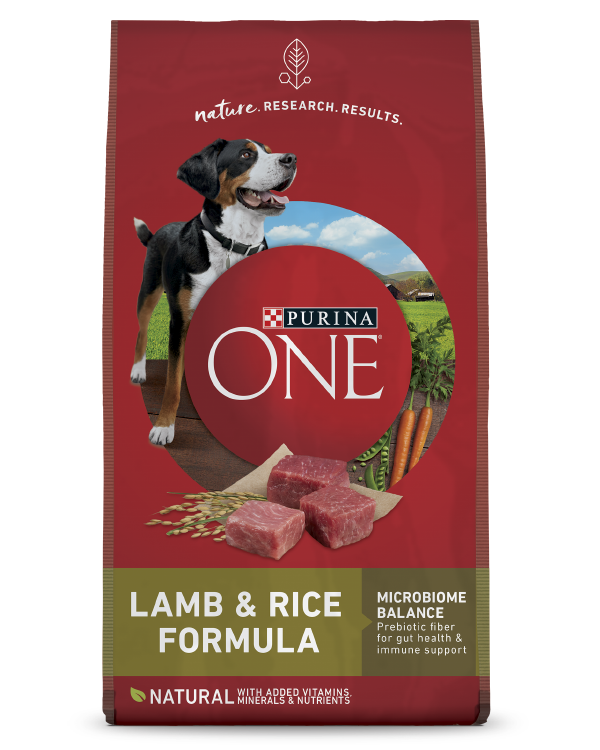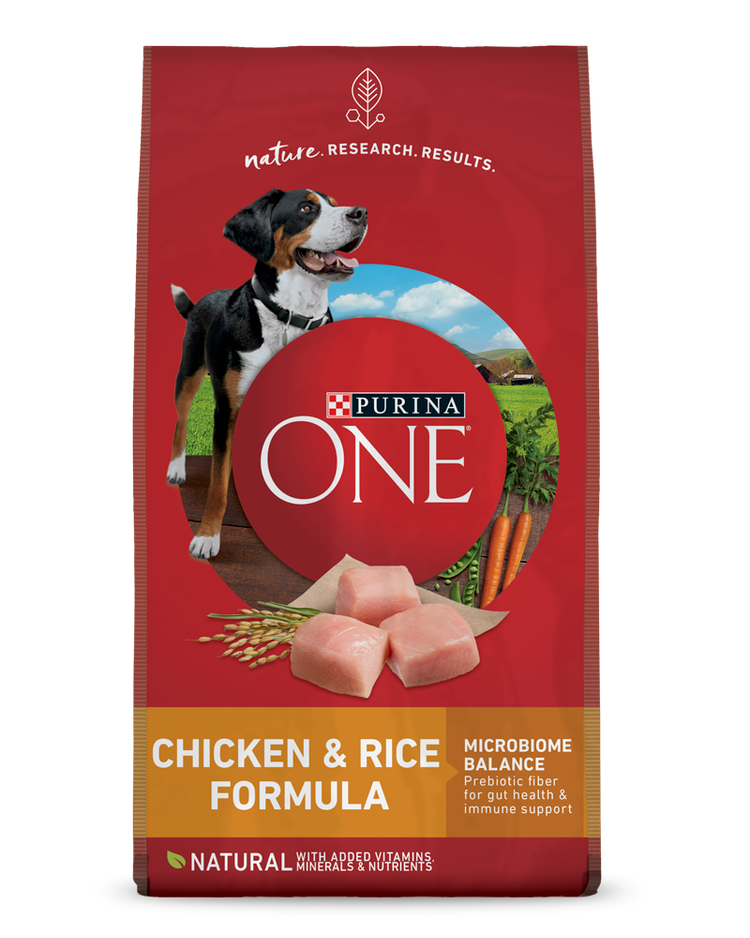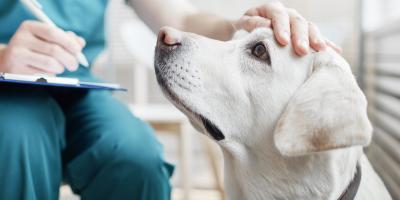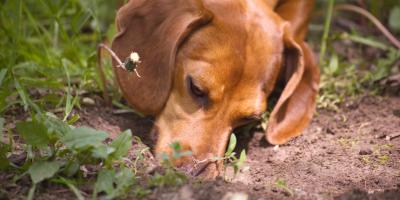Dogs can get hay fever just like humans can! Find out what the symptoms and causes of hay fever are in dogs and the current treatment options available to help your dog get back to normal.
Most people have been there at some point during their life: The sun comes out, and so do the tissues! Hay fever in humans is characterized by a runny nose, irritated eyes, sneezing, coughing and itchiness. It’s a common complaint during spring and summer months and can spoil an enjoyable walk.
If you’ve noticed any of these signs or symptoms in your canine companion, it’s possible that they, too, are susceptible to canine hay fever. And for animals that love to sniff and explore outside, it can be quite debilitating.
Learn more about how to tell if your pet is suffering from hay fever and what dog hay fever treatments are available to help.
Can Dogs Get Hay Fever?
Unfortunately, dogs can get hay fever just like people can. Some research has indicated that dogs that are not exposed to a variety of grasses, trees and plants in their early life are more likely to develop signs of dog hay fever later. The theory is that sensitivity to these kinds of pollens is generally more likely to occur in pets that haven’t built up immunity to them, which happens through exposure during early life.
If you believe that your pet is suffering from canine hay fever, it’s important to visit your veterinarian so that they can rule out any serious conditions, assess the severity and type of allergy your dog is experiencing, and recommend the best course of treatment.
The Symptoms of Canine Hay Fever
Dogs experience hay fever in a relatively similar way to people, and the symptoms can range widely in severity.
Here are the most common signs and symptoms of canine hay fever to watch for:
- Frequent, repeated sneezing
- Irritated and itchy eyes, often also red or runny
- Runny nose
- An increase in itching or biting at the skin due to irritation
- Itching to excess, which can result in bald or sore patches of skin
- Rashes on the paws or face
It’s important to remember that your dog doesn’t need to display every symptom listed above to have canine hay fever. It’s quite common for dogs to only develop skin irritation, without the more classic human signs such as sneezing or a runny nose.
Why Do Dogs Develop Hay Fever?
Animals often suffer from allergies, and dog hay fever is simply another kind of allergic reaction, usually to pollens that become more prevalent in the spring and summer months. A sensitivity to these allergens causes inflammation in the lining of the nose and in the eyes, which is what causes your pet’s symptoms.
Although the signs of canine hay fever are also common indicators of a variety of other health issues that can affect dogs, you can look to the seasons to see if it’s more likely that your pet is suffering from a pollen allergy. Sensitivities can develop at any age, but it’s more likely that your dog will show signs of hay fever from a young age.
Some dog breeds are more susceptible to dog hay fever than others. These include:
Dog Hay Fever or Dry Eye?
A health issue frequently recognized by pet owners is runny, irritated eyes. Often, this symptom is misdiagnosed as dog hay fever. A more likely problem is foreign bodies getting in, or scratching, the surface of the eye.
Dog owners should also be aware of a problem called dry eye, which can affect up to one-in-five dogs in breeds that are more prone to the condition, such as the English Cocker Spaniel, West Highland White Terrier, Cavalier King Charles Spaniel and Shih Tzu. Dogs with dry eye are unable to produce tears effectively, which results in very runny, irritated eyes. If you notice this symptom in your dog, don’t just assume that it’s canine hay fever. Visit your veterinarian for an exam and diagnosis. Dogs that are left with undiagnosed cases of dry eye can develop serious issues, including blindness.
Dog Hay Fever Treatment
Although it isn’t possible to cure canine hay fever completely, there are topical dog hay fever treatments available that can help to soothe the symptoms.
Unlike humans, who can often prevent or minimize hay fever symptoms by taking a general antihistamine pill, dogs often need targeted hay fever treatments to get relief. Your veterinarian may prescribe eye drops or nasal sprays. In severe cases, your veterinarian can also administer an injection to help get your dog’s symptoms under control.
Antihistamines for Dogs
While it’s not as effective as other treatments, dogs can be given certain antihistamines, but you should only administer them under the direction of your veterinarian. This is because while most are safe for dogs, some are not due to other ingredients used such as caffeine, alcohol, pseudoephedrine or amphetamine.
Also, remember that the indications and doses on the packet are recommended for a full-grown adult human, so it’s incredibly important you carefully follow your veterinarian’s advice when administering antihistamines for dogs.
Natural Remedies for Dog Hay Fever
The best way to naturally relieve the symptoms of canine hay fever is to identify and limit exposure to the source of the allergic reaction. It won’t be easy to discover exactly what plant is causing the problem, especially if your dog enjoys sniff walks or spending time outdoors. You can keep a diary to help you remember exactly when your dog begins to suffer with hay fever, and what plants are in bloom at that time. You may find a common culprit!
Keeping the grass in your yard cut short will help, along with an increase in bathing and grooming your dog during high-pollen times of year. Bathing your dog will help to remove pollen from their skin, even if you can’t see it. Regularly washing your dog’s bedding should also help keep the allergens out of the house.
Pollen counts are generally lower early in the morning and later in the evening, so if your dog is really suffering, try to limit their walks and outdoor activity to those times of day.
For more expert tips on the health of your dog, explore our other dog symptoms articles.
Related articles

Reward Yourself with myPurina
Earn and redeem rewards for Purina products with the myPurina app.








